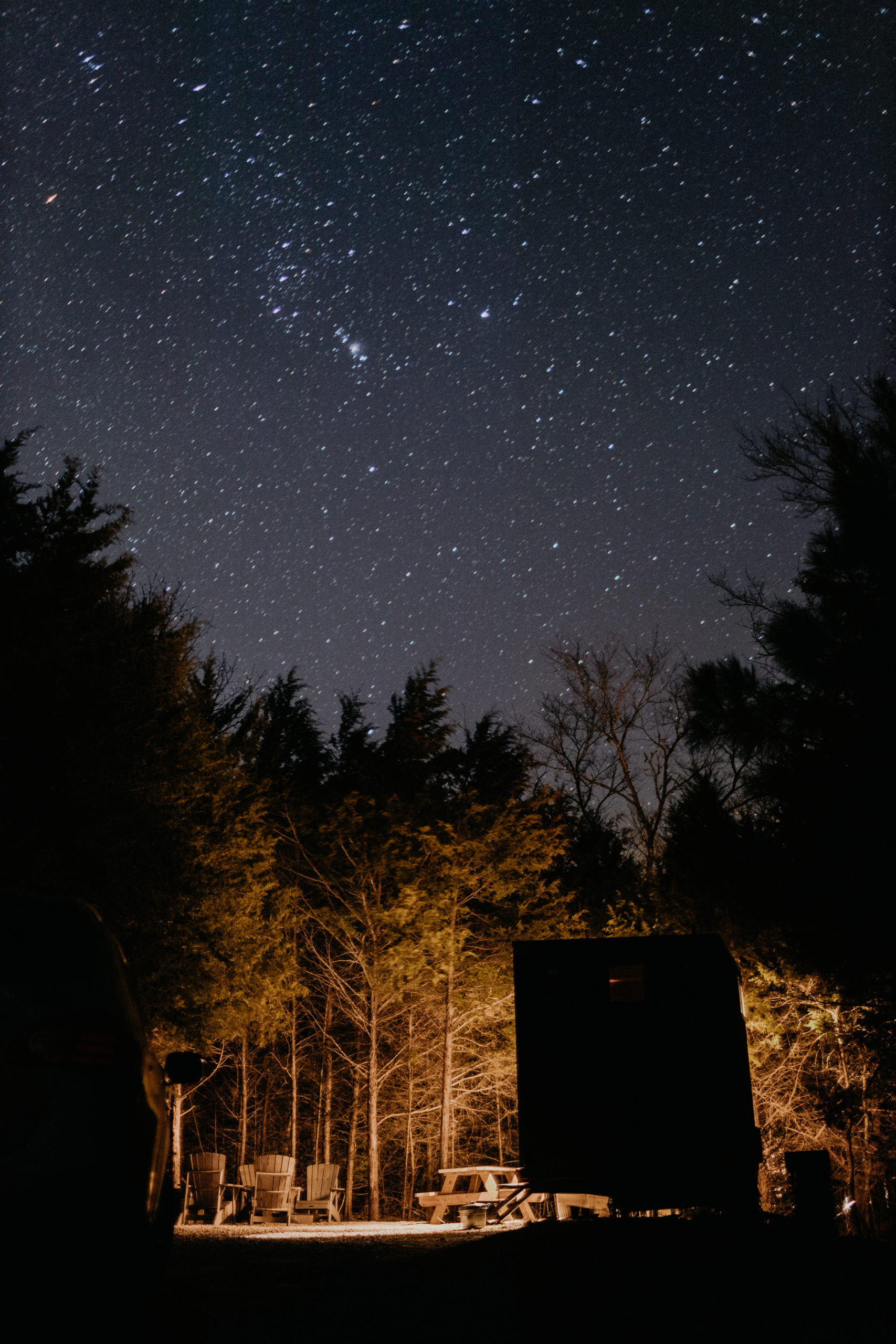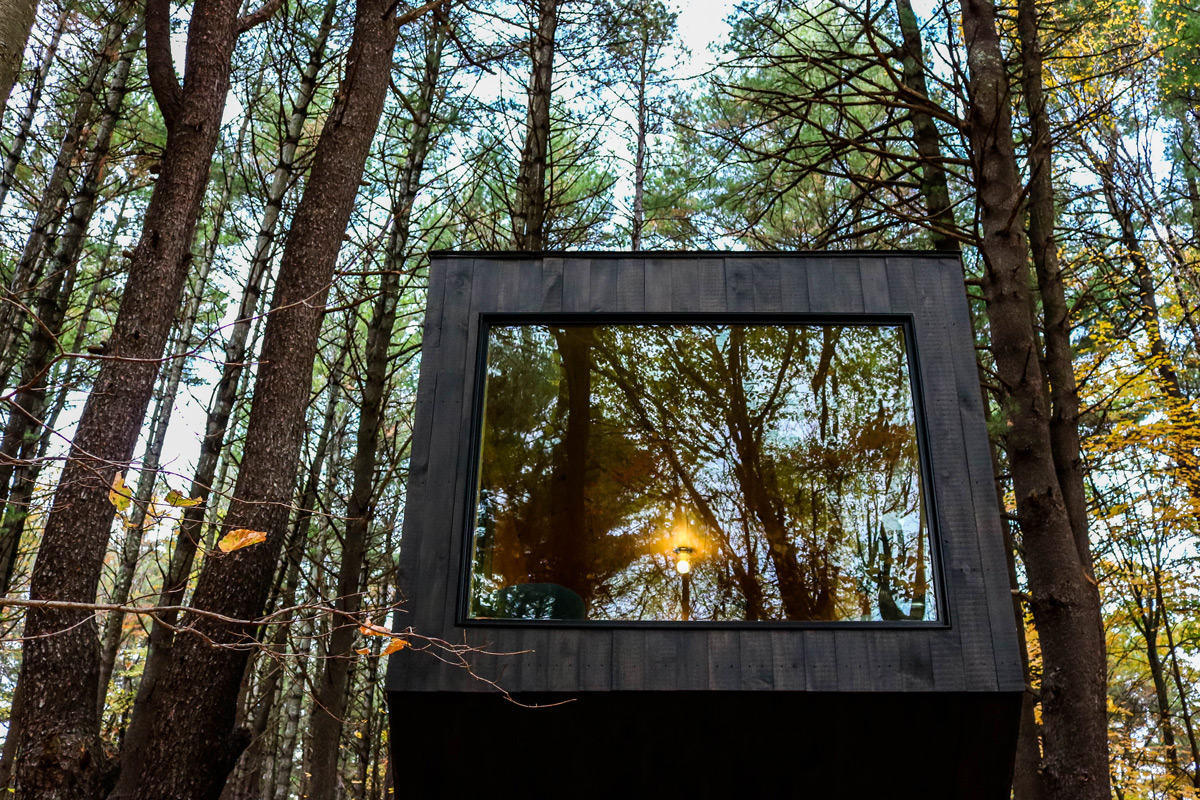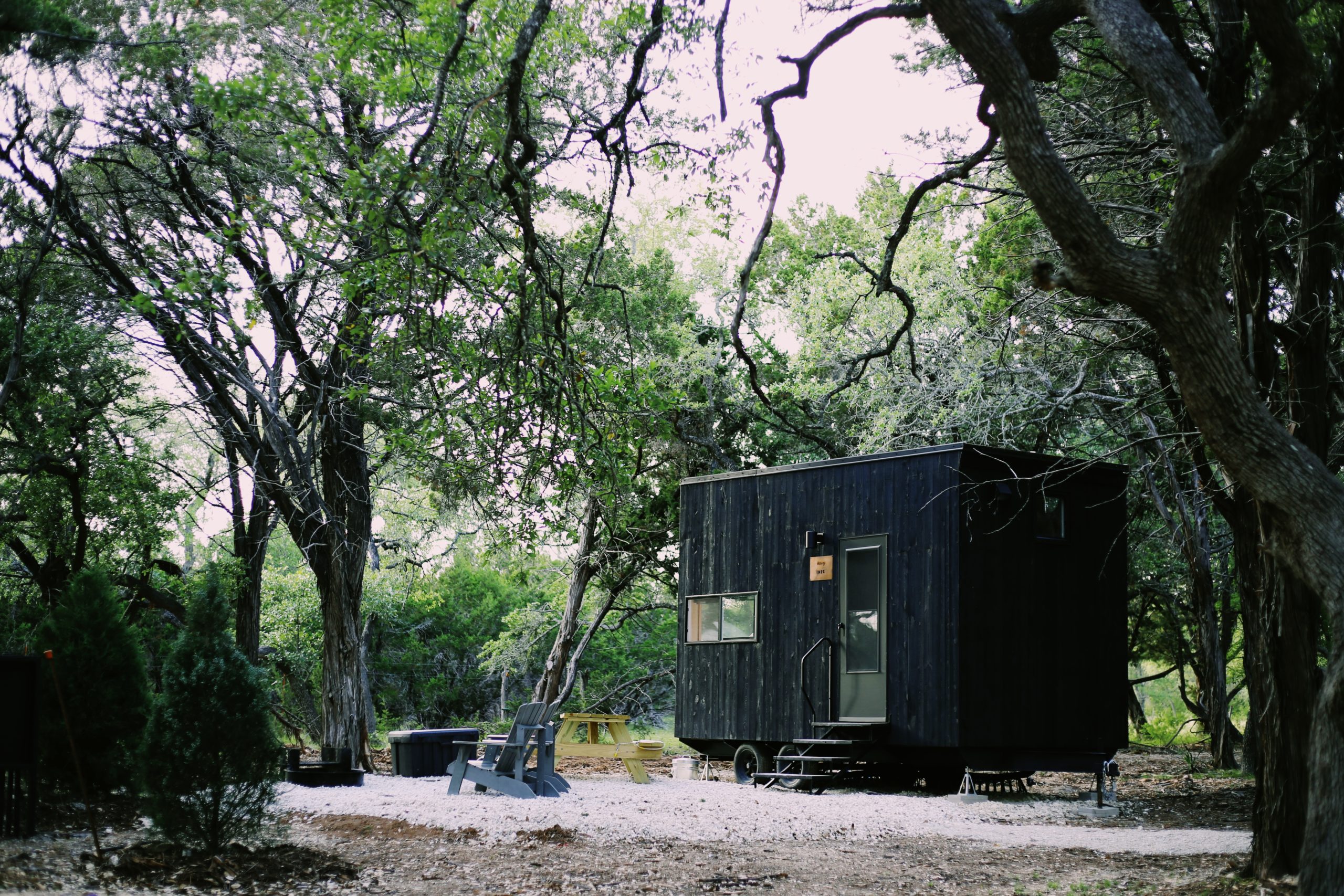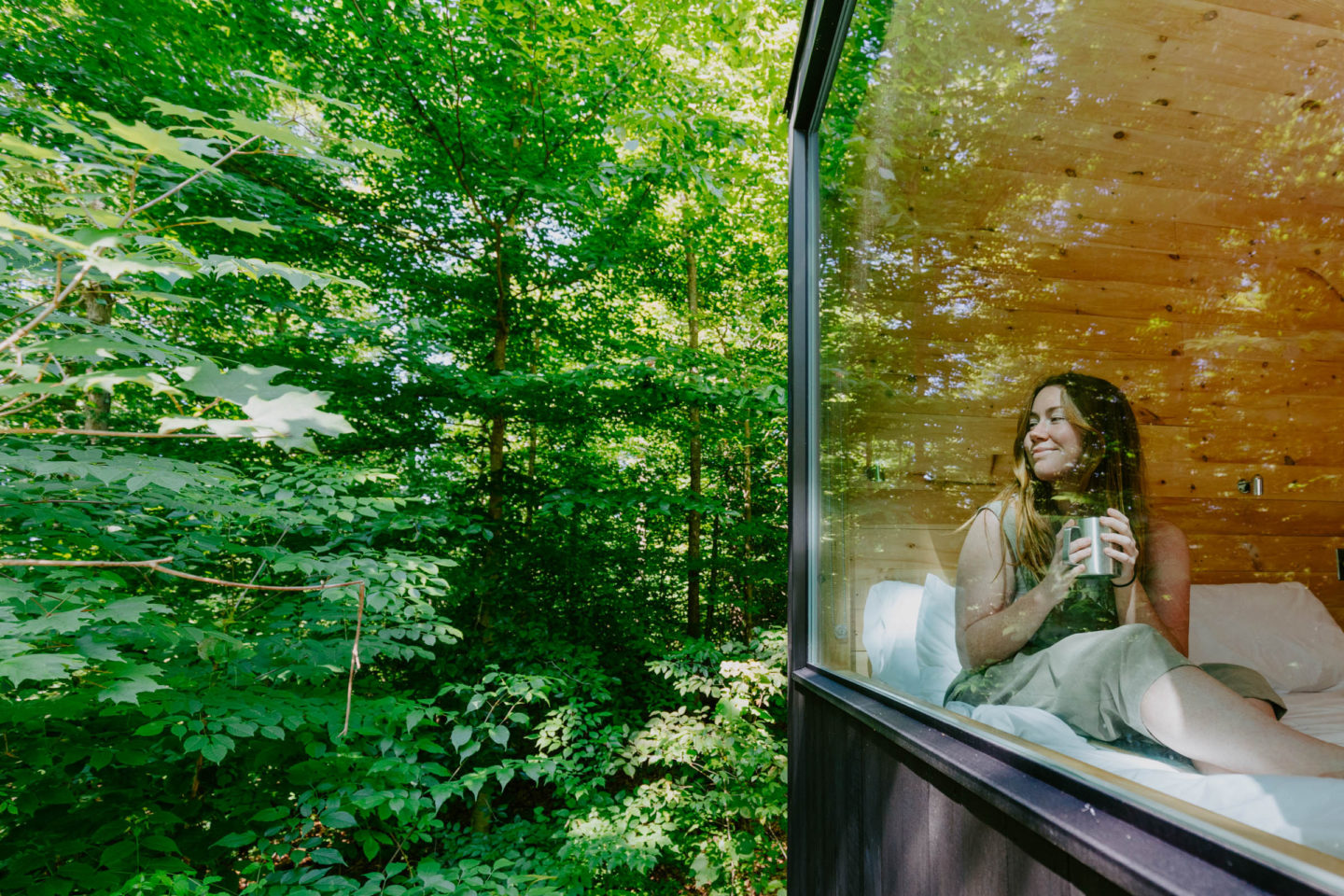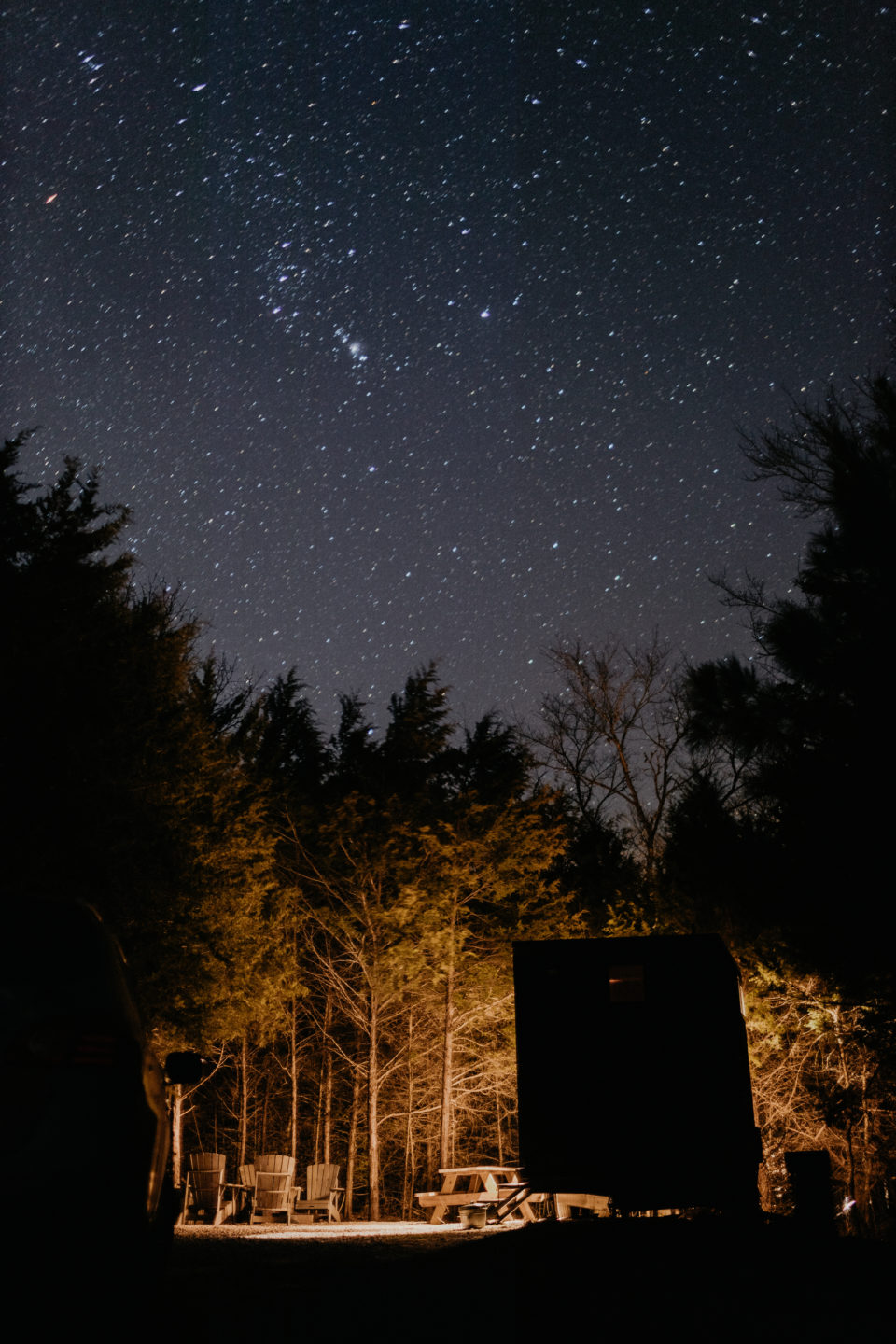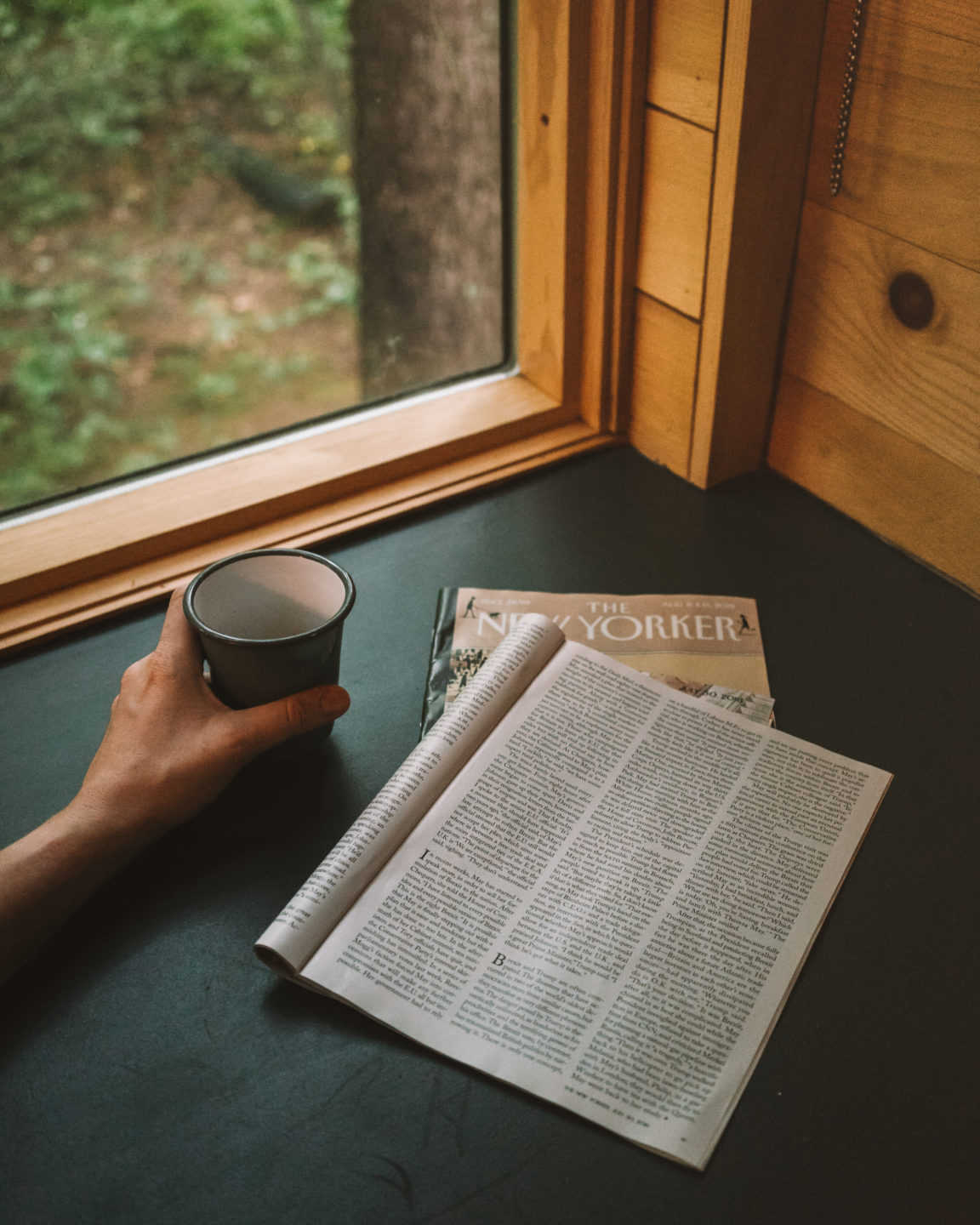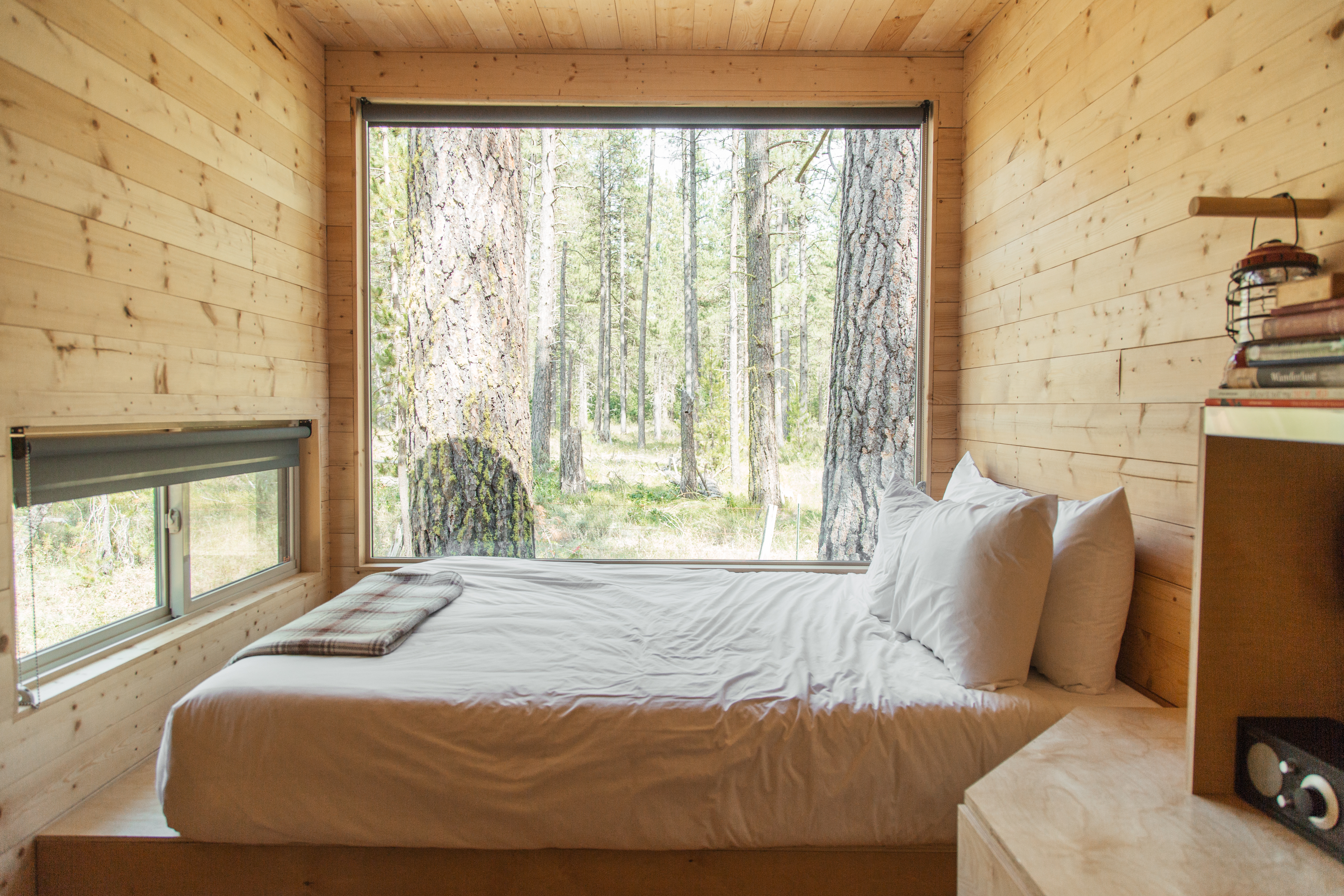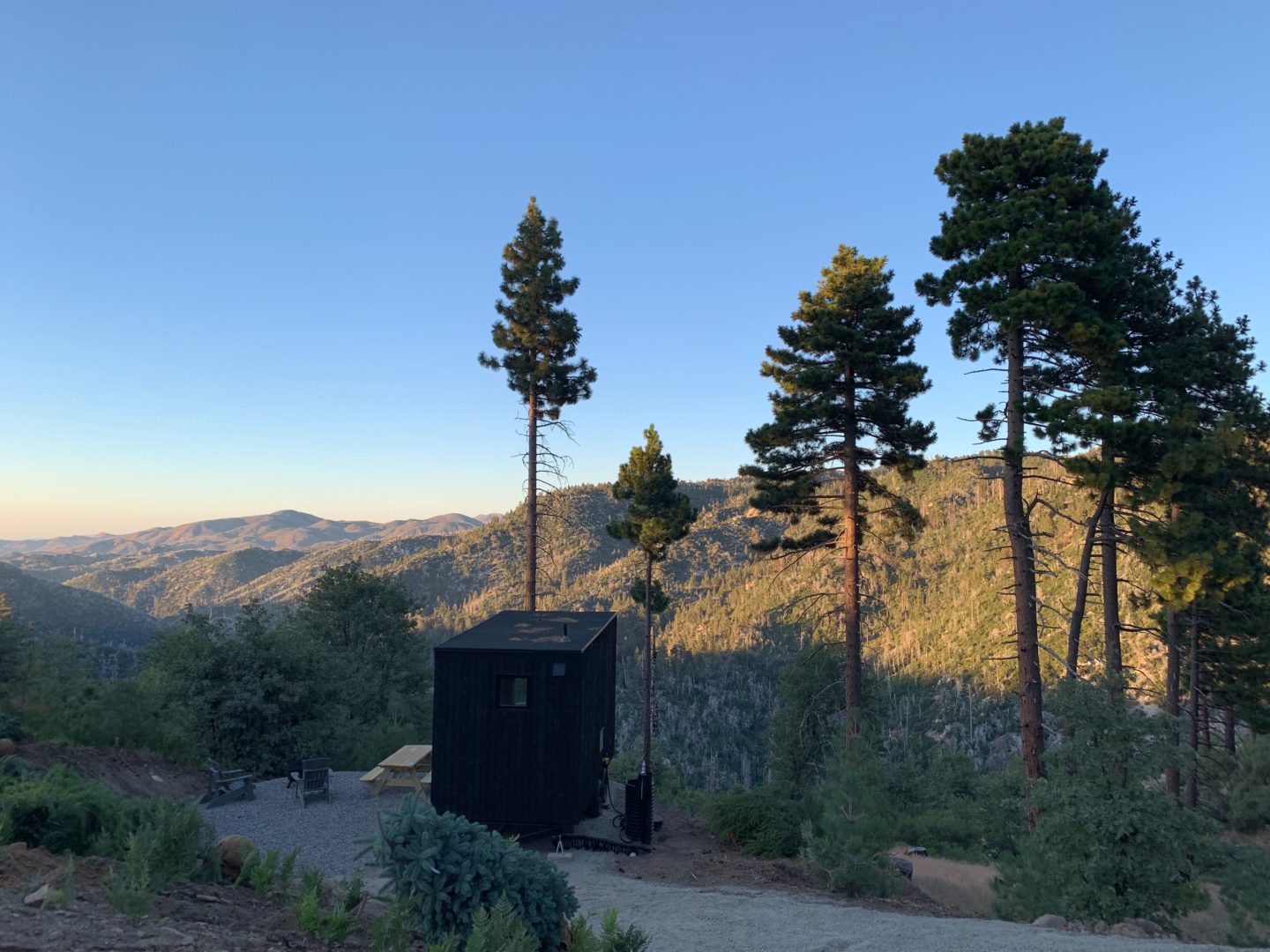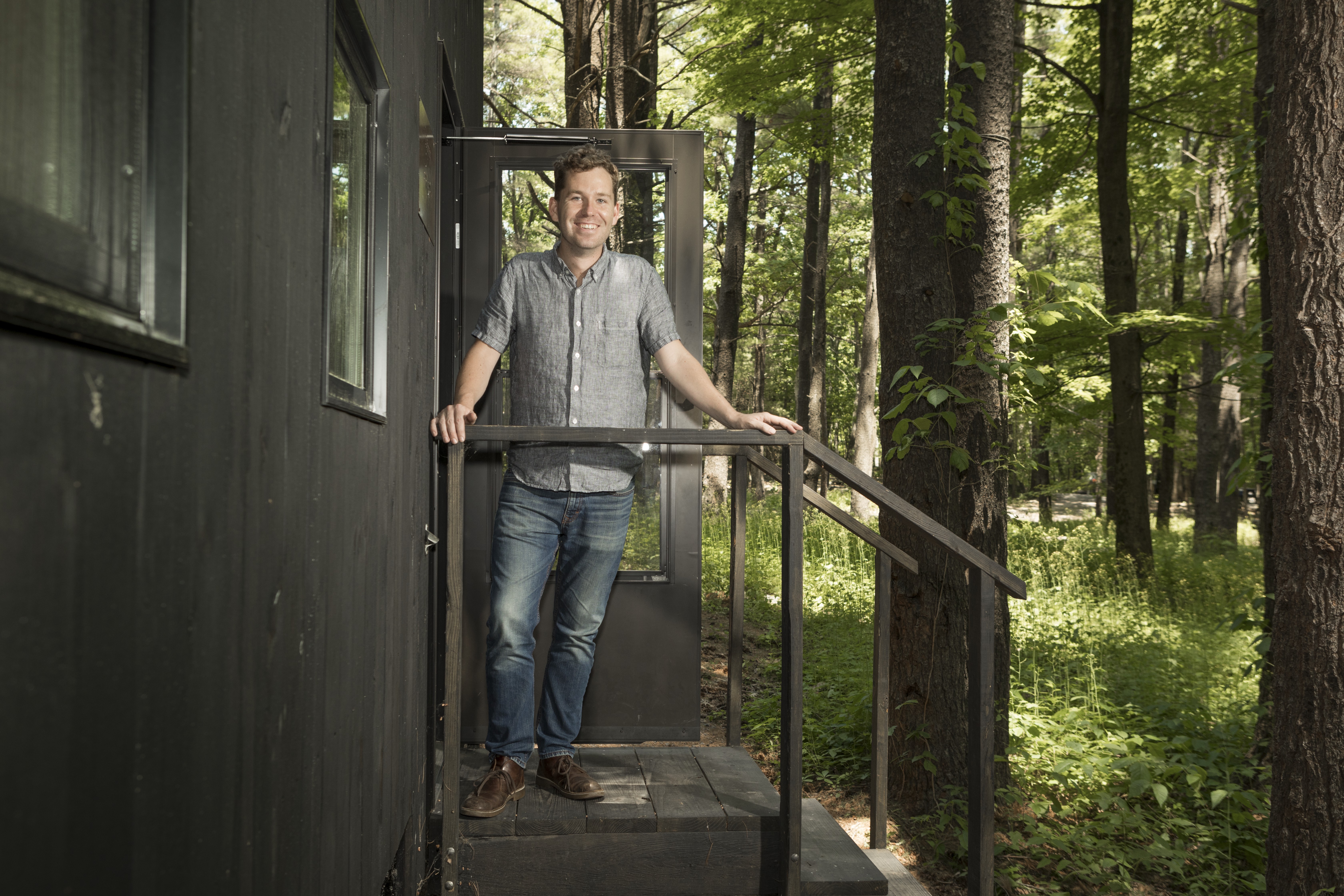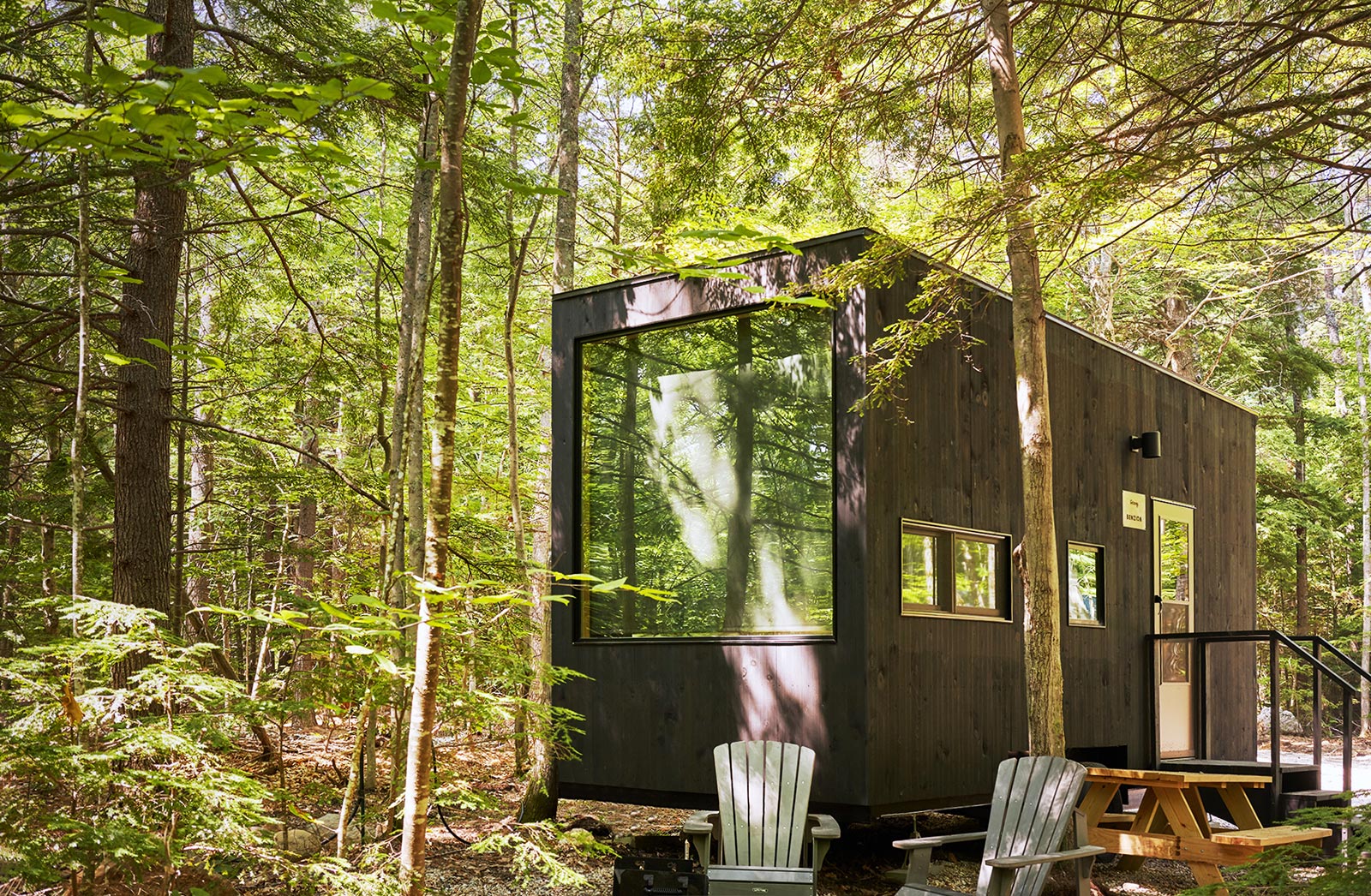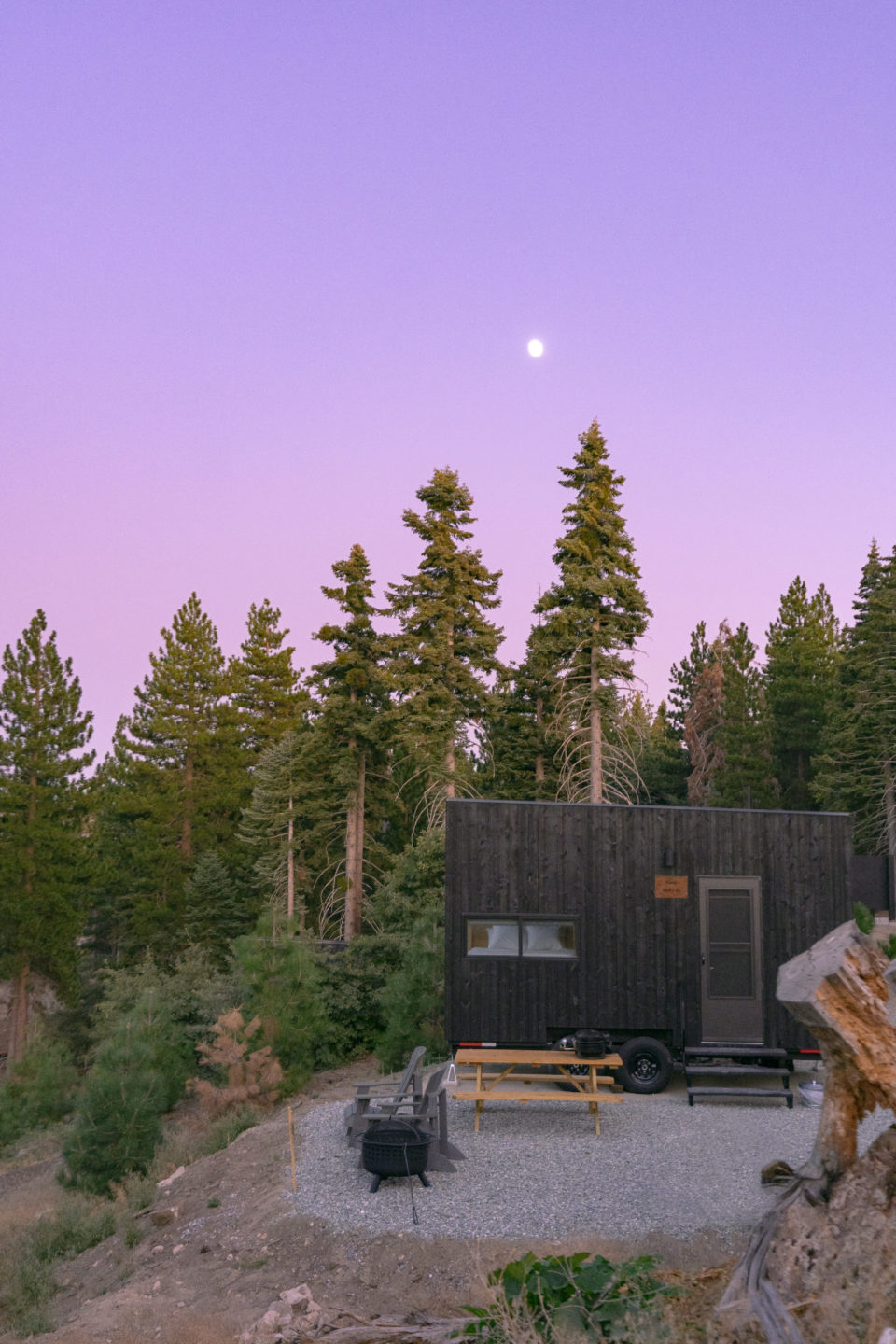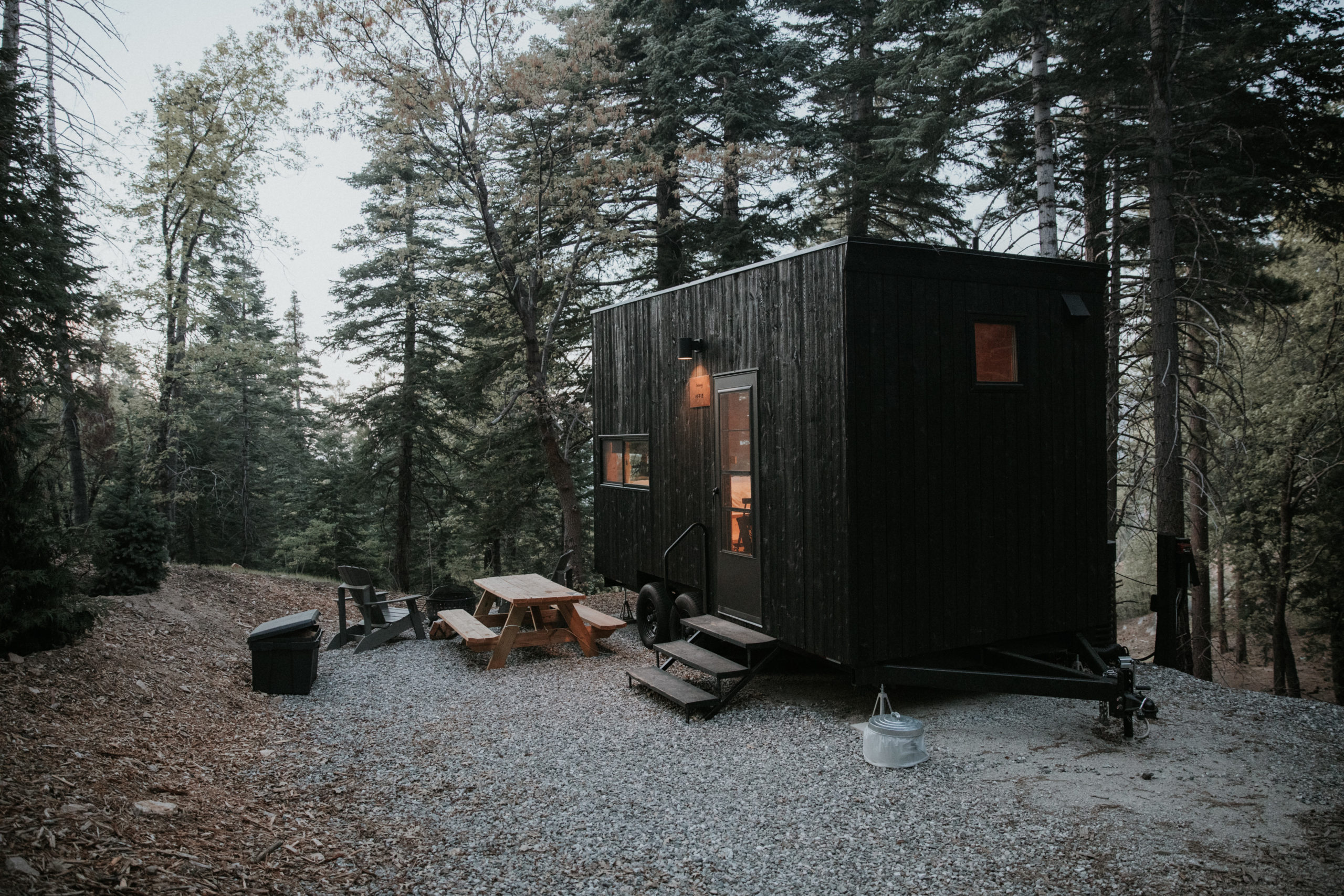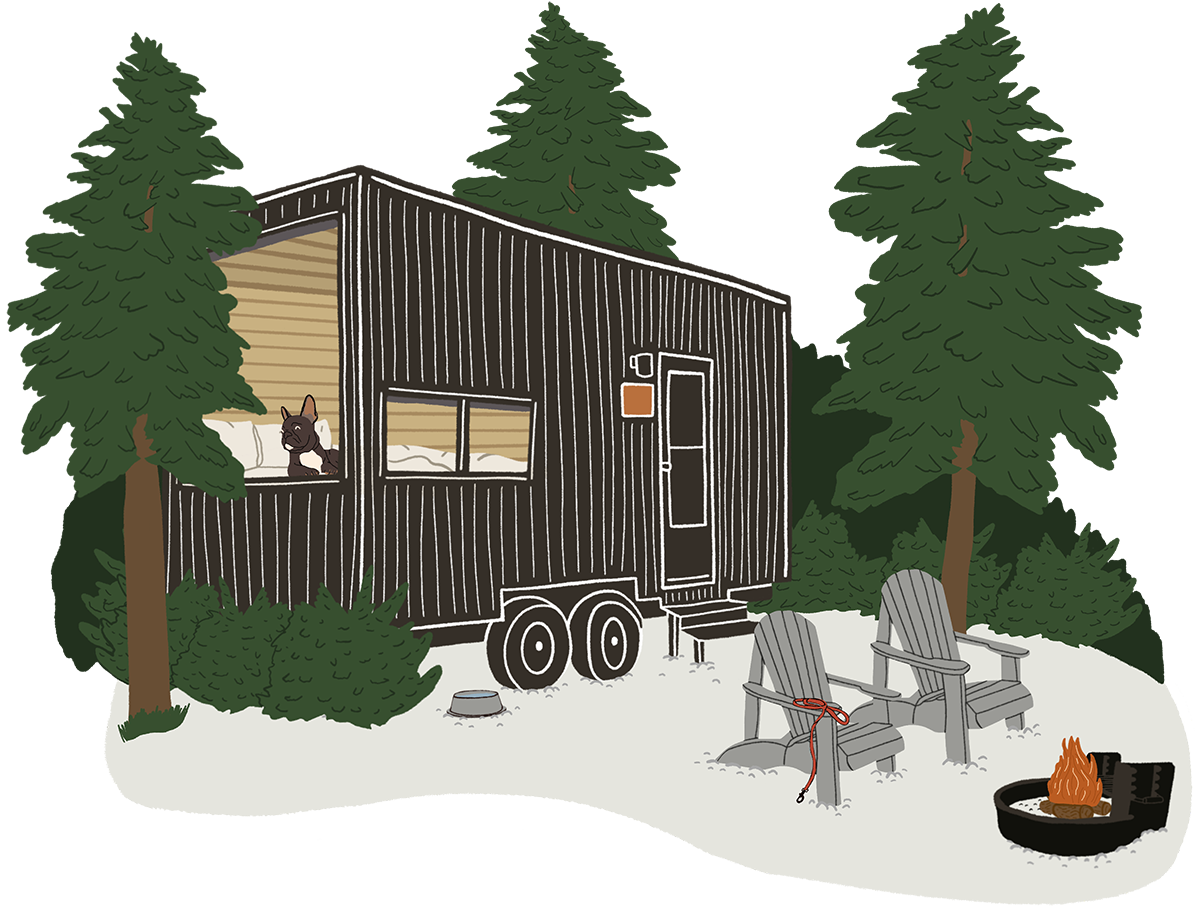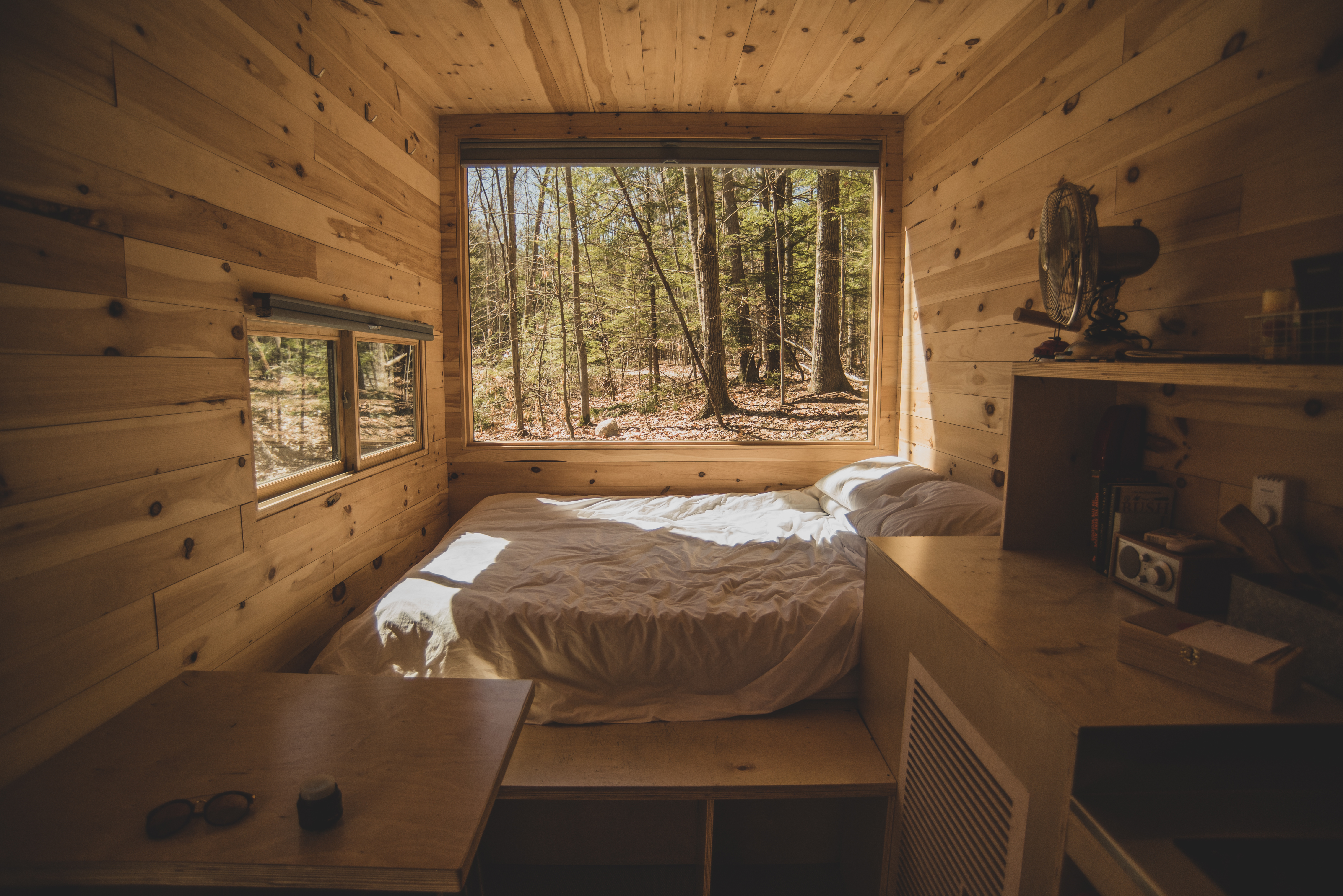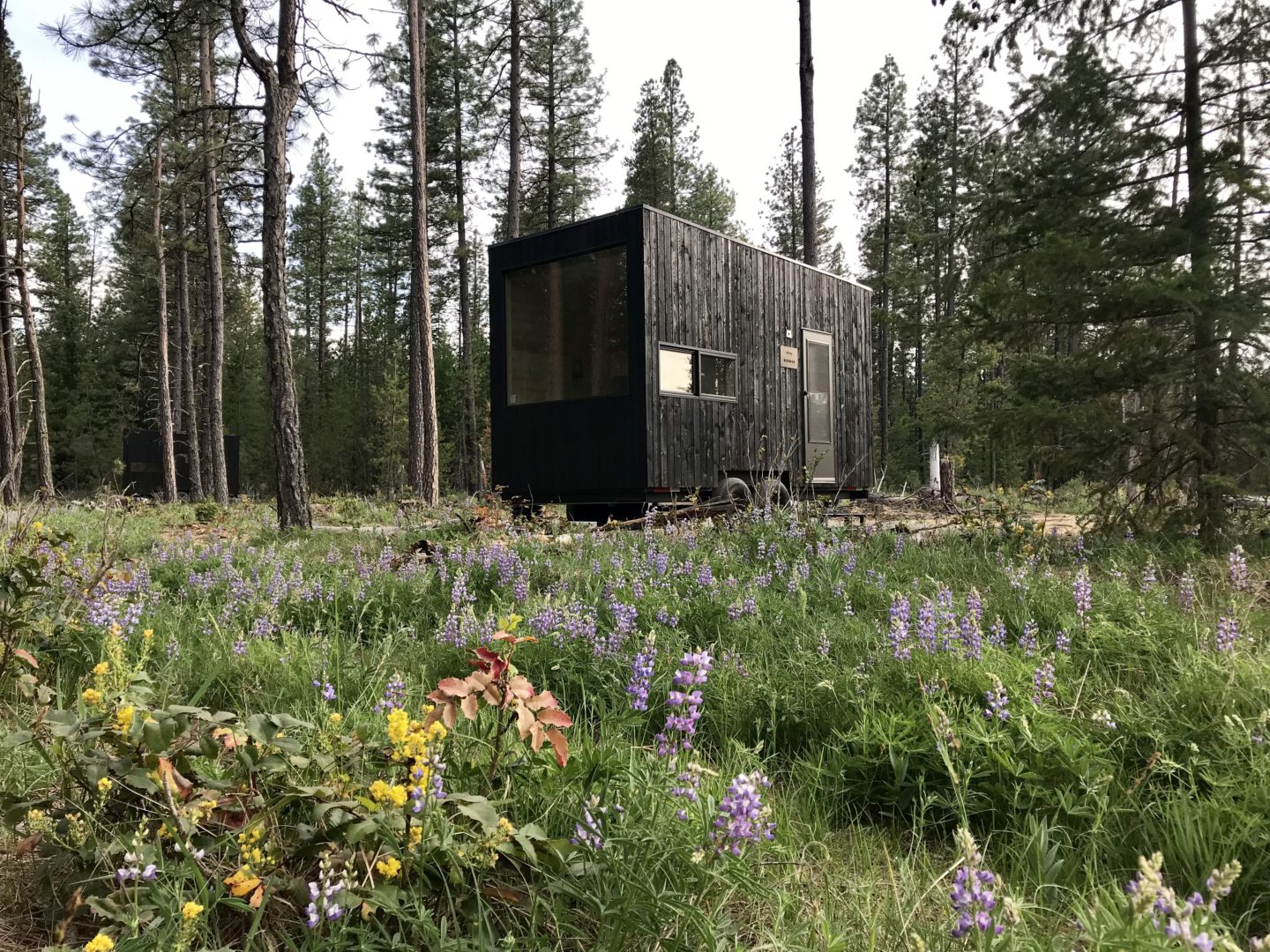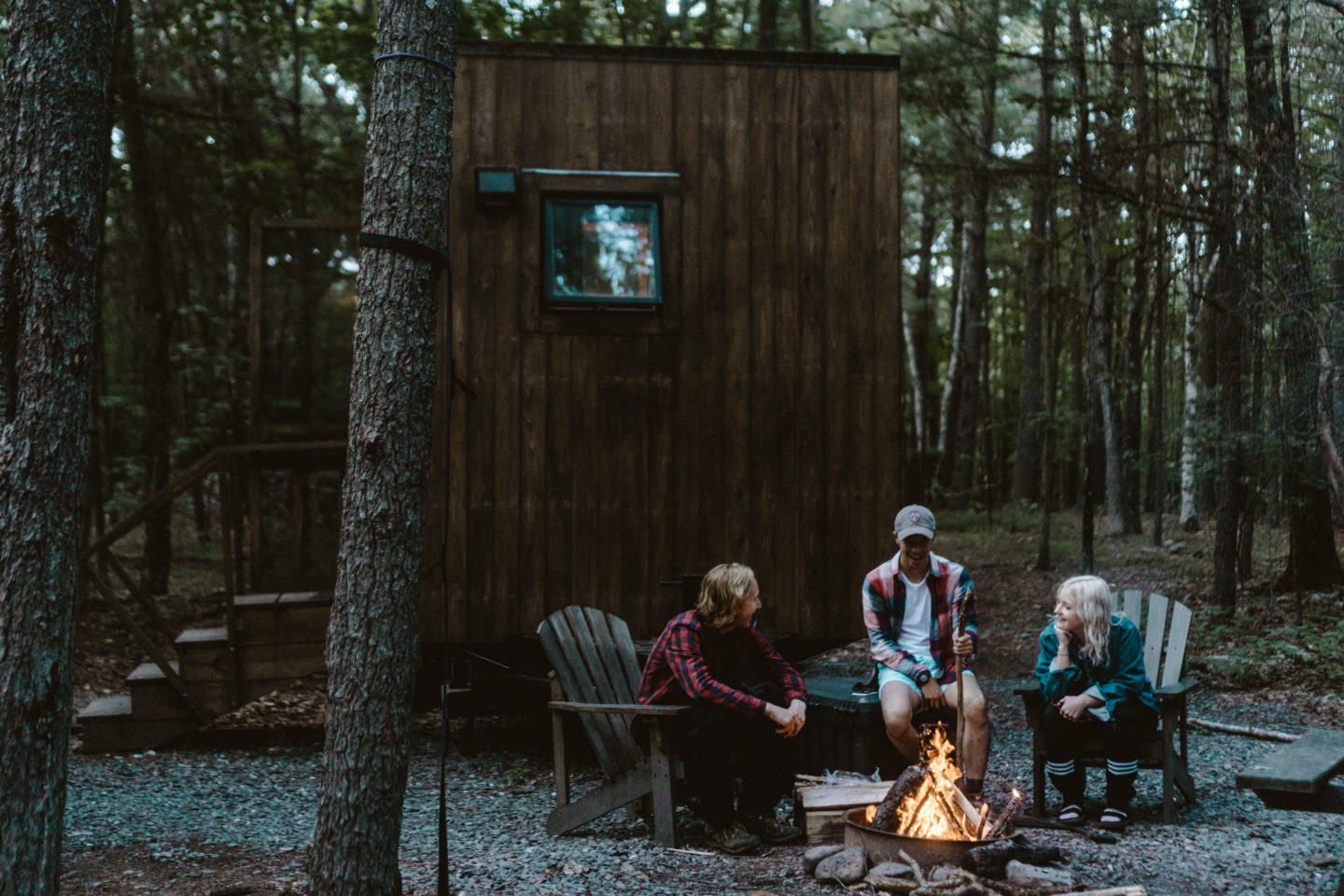As a kid, I loved Halloween for all the obvious reasons—the costumes, the candy, the thrill of roaming around after dark with my friends. I’d look forward to October 31 all year. As an adult without kids of my own, Halloween doesn’t loom as large in my life anymore, but lately I’ve been coming to appreciate it in a new way.
There’s something so comforting about a low-stakes holiday. Unlike the more “serious” holidays, we don’t have to worry about accommodating out-of-town family or cooking multi-course meals. We don’t have to buy thoughtful gifts for our loved ones; instead, we can stick to buying fun-sized candy bars for neighborhood kids.
And there are still plenty of annual traditions for those who partake: crafting costumes, carving jack-o-lanterns, outfitting our homes with seasonal decorations ranging from spooky (cobwebs, bats, skeletons) to kitsch (decorative gourds). Throughout October, the same classic songs play in rotation on radio stations and in stores: The Monster Mash, Thriller, the Ghostbusters Theme. We read ghost stories and watch scary movies. On Halloween itself, there’s a sense of communal goodwill and festive spirit: jack-o-lanterns flicker on doorsteps, little kids troop around in cute costumes, neighbors open their doors to hand out sweets to all who ask. For one night, the problems of the world seem far away.
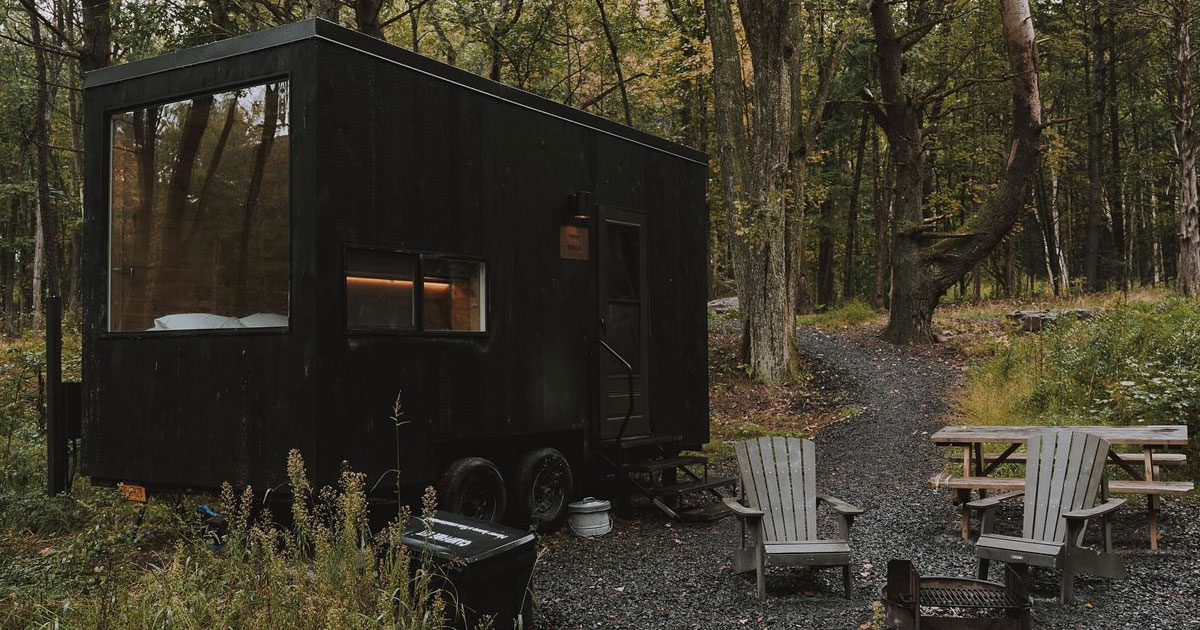
My feelings about Halloween have grown up as I have, turning from shivery excitement to warm nostalgia. That warmth, continuity of tradition, and community goodwill is what I want to hold onto as we move deeper into fall.
One week after Halloween, on November 7, we’ll turn the clocks back as we return to Standard Time, earning an extra hour of free time to use however we please (except for Hawaiians and Arizonans, whose states don’t observe Daylight Saving Time). I’m always delighted when I come across a clock or watch I’ve forgotten to reset, then realize I still have another hour. I feel rich in time all day.
And then darkness arrives a full hour earlier than it did the day before, and I have to recalibrate to ward off a sense of gloom, especially after the uncertainty and disorientation of the past 18 months. These days, I’m turning my attention to all of the things I love about fall: the trees bursting into color, leaves crackling underfoot, the crisp air and golden afternoon light. The way the stars look brighter than they do in summer, even in the city. Hot cider and perfect apples and butternut squash soup, brisk walks in the park with friends. At home, I take my cues from the Scandinavians, who’ve learned how to manage their 18-hour nights by prioritizing coziness and simple comforts: candles and lamplight, meals in a slow-cooker, good blankets and warm socks.
Let’s find joy and comfort where we can, friends. Happy Halloween!
